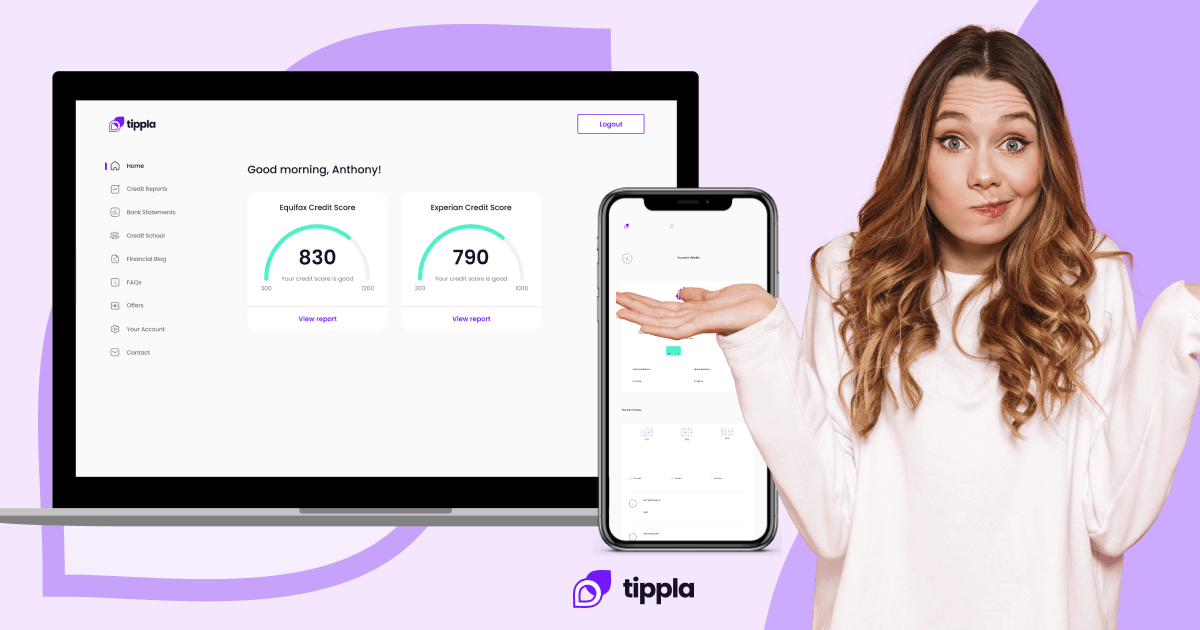Published in July 28, 2021
What is a joint bank account and how do I open one?

Joint bank accounts
A joint bank account is any type of account owned by two or more people. Each owner has full ownership of the money, whether it’s to withdraw or deposit funds.
Spouses are usually the most common users of joint bank accounts. Joint bank accounts conveniently aid with paying for bills, mortgages, or general saving purposes. As both owners are able to view any funds spent, joint bank accounts can help maintain trust in any type of relationship.
Almost most financial institutes only allow two users to own one account, some may allow up to four, in the event of families wanting to share one account.
Owners of joint bank accounts have full responsibility for everything that happens and affects the account. This includes not paying fees such as non-sufficient fund fees, minimum balance fees, as well as tax liens. It’s always important to ensure trust with the other owner of the joint bank account to avoid issues such as fund drains.
Joint bank accounts with your spouse or partner
In order to open a joint bank account, your partner, spouse, or another owner of the account must be present at the bank location with you. Even with using online banks, your partner must be present upon signing up.
Whether at a brick-and-mortar location or online, both owners must present all relevant information including identification documentation. Whilst setting up your joint account, you may also set up a direct deposit.
It’s important to discuss the different risks and benefits that come with joint accounts, prior to opening one, as people may have different needs and financial goals.
Your credit doesn’t get affected upon opening or closing a joint account. However, if either of the owners overdrafts the account without replenishing the money, resulting in missing funds going into collections, credit of both owners will get affected.
Pros
- It’s convenient for having funds in one account in order to pay expenses.
- Partners combining their finances results in growing interest faster. This can aid with saving funds as money would be coming from multiple incomes.
- Joint bank accounts maintain trust in relationships as both owners would have full access to the shared account.
- You can still keep a personal account as well as a joint account, to separate personal spending from shared spending.
Cons
- Both owners would be fully responsible in the event of an overdraft. You will need to make sure there is full trust with your partner prior to setting up a joint account.
- As many partners earn different incomes, contributing to a joint bank account may not always be equal.
- If one of the owners decides to steal all the funds, there is nothing you will be able to do financially, as both people sharing the account have full ownership of the funds.
Joint bank accounts with your child
If your child is a minor yet of age to work, they would be eligible to set up a checking or savings account on their own. However, depending on the financial institute, your child’s account would have to be joint with yours, making you a co-owner of their account.
Similar to opening a joint account with a partner, opening one with your child means they’d have to also be present. Depending on the financial institute, your child might also have to provide evidence that they’re enrolled in school. You may also have a joint account linked to your personal account.
Opening a joint bank account with your child could be beneficial as it would teach them from an early age how to save and budget finances. However, it’s important to remember that when your child is no longer a minor, they have equal ownership of the account as you do, therefore if you were to close the joint bank account, you must both be present too.
Pros
- A joint account benefits your child’s financial understanding.
- Your child can watch their savings account grow as they mature.
- The account could be an easier way to transfer money to your child safely.
Cons
- When your child comes of age, they may take on financial liabilities, therefore potentially affecting the account even if you’re still a co-owner.
Joint bank accounts with your elderly parents
Similar to opening an account with your child or partner, you could also open a joint bank account with your elderly parents. This could be a good idea, especially if you’re considering covering their end-of-life expenses, or transferring funds so they don’t need to leave their home. This could also be useful to monitor their expenses.
Risks with opening a joint bank account:
- Adding new owners to an existing account could result in the new owner paying taxes depending on the amount of money they withdraw.
- If your elderly parent adds you to their account and grants you equal ownership of it, you would have full rights of the funds if he or she dies, regardless of their will and testament state otherwise.
Closing a joint bank account
In order to close a joint bank account at a brick-and-mortar bank, all owners of the account must be present and give their consent. Every owner may also need to provide identification documents. On the contrary, if you’ve got a joint bank account with an online bank, every owner may need to log in with their own username and password.
If you’re just switching accounts, each owner of the joint account will have to withdraw their share of the fund prior to closing the account, to avoid low-balance fees.
If you don’t withdraw your funds prior to closing a joint bank account, your bank will most likely issue one check to all the owners of the account. Therefore, other banks might refuse to accept the check unless the money is going to a joint account with all the people listed on the check.
Ensure you also change your payment details with all your subscriptions or recurring payments, because if any bills get charged on your closed account, the payment would get rejected and it might result in a fee.
In the event of the death of one of the co-owners of the joint account, then the other owner will need to provide a death certificate to close the account. And in the event of a divorce and the other party is unreachable, a court may need to intervene and decide whether the account can be closed without the co-owners consent.
If you are thinking of opening a joint bank account with your family or spouse, check out our related article on joint personal loans.
While we at Tippla will always do our best to provide you with the information you need to financially thrive, it’s important to note that we’re not debt counsellors, nor do we provide financial advice. Be sure to speak to your financial services professional before making any decisions.
Related articles

How to Understand Your Experian Score
18/07/2023
In Australia, there are three different credit scores from...

Understanding The Differences: Credit Scores in Australia vs The US
30/09/2021
If you understand your credit score, then you can...

How To Pick The Right Loan For You: A Quick Guide
29/07/2021
Are you currently looking for a loan, but you’re...

How to Use Tippla | Check Your Credit Score For Free
26/07/2021
Do you want to check your credit score? Do...
Subscribe to our newsletter
Stay up to date with Tippla's financial blog